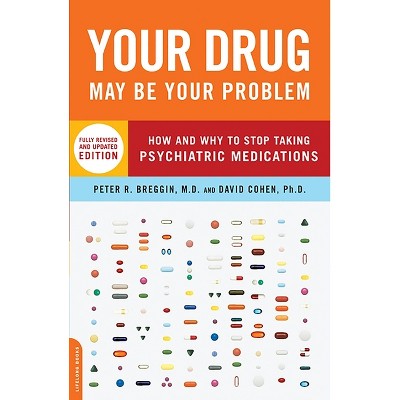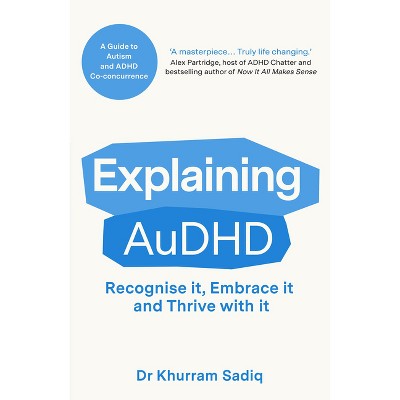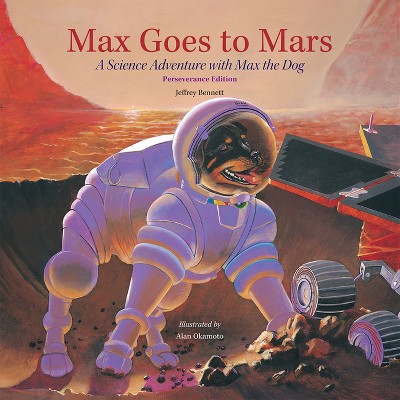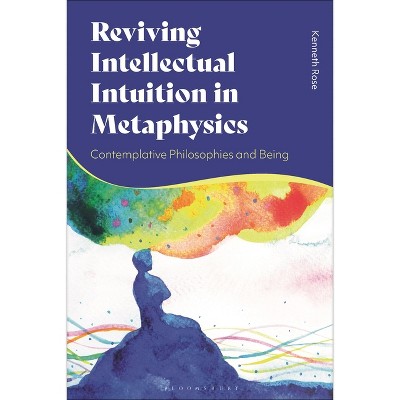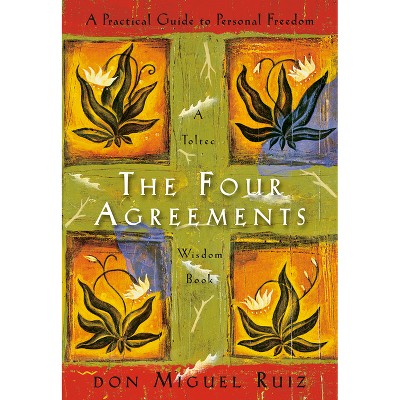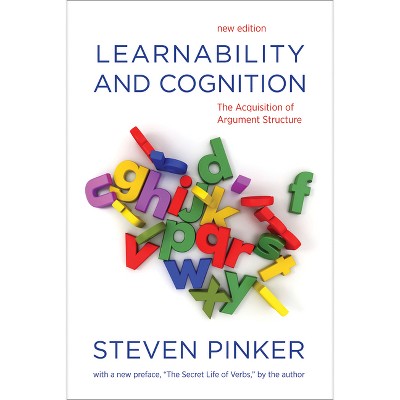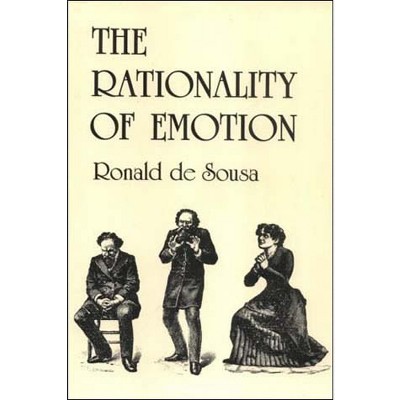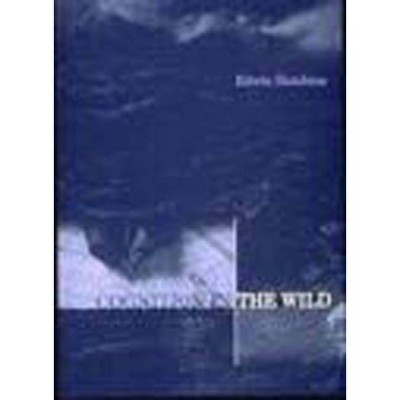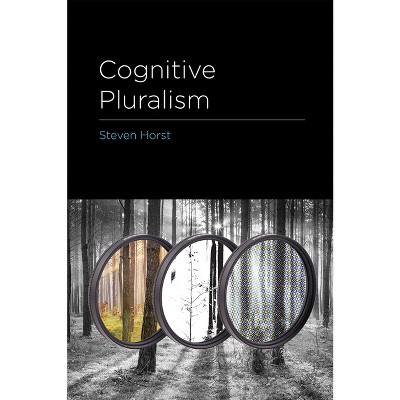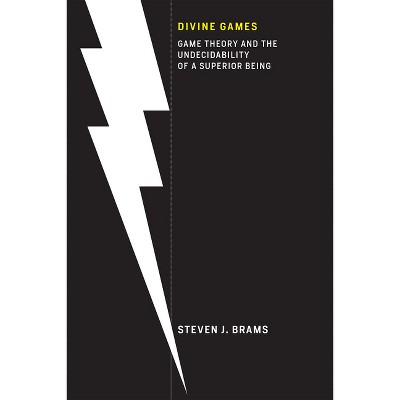Sponsored

Creative Cognition - by Ronald A Finke & Thomas B Ward & Steven M Smith (Paperback)
In Stock
Sponsored
About this item
Highlights
- Creative Cognition combines original experiments with existing work in cognitive psychology to provide the first explicit account of the cognitive processes and structures that contribute to creative thinking and discovery.Creative Cognition combines original experiments with existing work in cognitive psychology to provide the first explicit account of the cognitive processes and structures that contribute to creative thinking and discovery.In separate chapters, the authors take up visualization, concept formation, categorization, memory retrieval, and problem solving.
- About the Author: Ronald A. Finke is Associate Professor of Psychology at Texas A & M University.
- 256 Pages
- Psychology, Movements
Description
About the Book
Creative Cognition combines original experiments with existing work in cognitive psychology to provide the first explicit account of the cognitive processes and structures that contribute to creative thinking and discovery.Book Synopsis
Creative Cognition combines original experiments with existing work in cognitive psychology to provide the first explicit account of the cognitive processes and structures that contribute to creative thinking and discovery.Creative Cognition combines original experiments with existing work in cognitive psychology to provide the first explicit account of the cognitive processes and structures that contribute to creative thinking and discovery.
In separate chapters, the authors take up visualization, concept formation, categorization, memory retrieval, and problem solving. They describe novel experimental methods for studying creative cognitive processes under controlled laboratory conditions, along with techniques that can be used to generate many different types of inventions and concepts. Unlike traditional approaches, Creative Cognition considers creativity as a product of numerous cognitive processes, each of which helps to set the stage for insight and discovery. It identifies many of these processes as well as general principles of creative cognition that can be applied across a variety of different domains, with examples in artificial intelligence, engineering design, product development, architecture, education, and the visual arts.
Following a summary of previous approaches to creativity, the authors present a theoretical model of the creative process. They review research involving an innovative imagery recombination technique, developed by Finke, that clearly demonstrates that creative inventions can be induced in the laboratory. They then describe experiments in category learning that support the provocative claim that the factors constraining category formation similarly constrain imagination and illustrate the role of various memory processes and other strategies in creative problem solving.
From the Back Cover
Creative Cognition combines original experiments with existing work in cognitive psychology to provide the first explicit account of the cognitive processes and structures that contribute to creative thinking and discovery. In separate chapters, the authors discuss visualization, concept formation, categorization, memory retrieval, and problem solving.Review Quotes
Original and well articulated. . . . [A] benchmark for psychologists who are concerned to understand and explain one of the less tractable areas of human cognition. It can also be recommended as a rich source of practical ideas to anyone responsible for education and training in professions that depend on the regular exercise of creative thinking.--John Richardson, "Times Higher Education Supplement"
-- John Richardson, "Times Higher Education Supplement"
Original and well articulated. . . . ÝA¨ benchmark for psychologists who are concerned to understand and explain one of the less tractable areas of human cognition. It can also be recommended as a rich source of practical ideas to anyone responsible for education and training in professions that depend on the regular exercise of creative thinking.-- John Richardson, "Times Higher Education Supplement"
About the Author
Ronald A. Finke is Associate Professor of Psychology at Texas A & M University. Thomas B. Ward is Professor of Psychology at the University of Alabama. Steven M. Smith is an Associate Professors of Psychology at Texas A & M University.